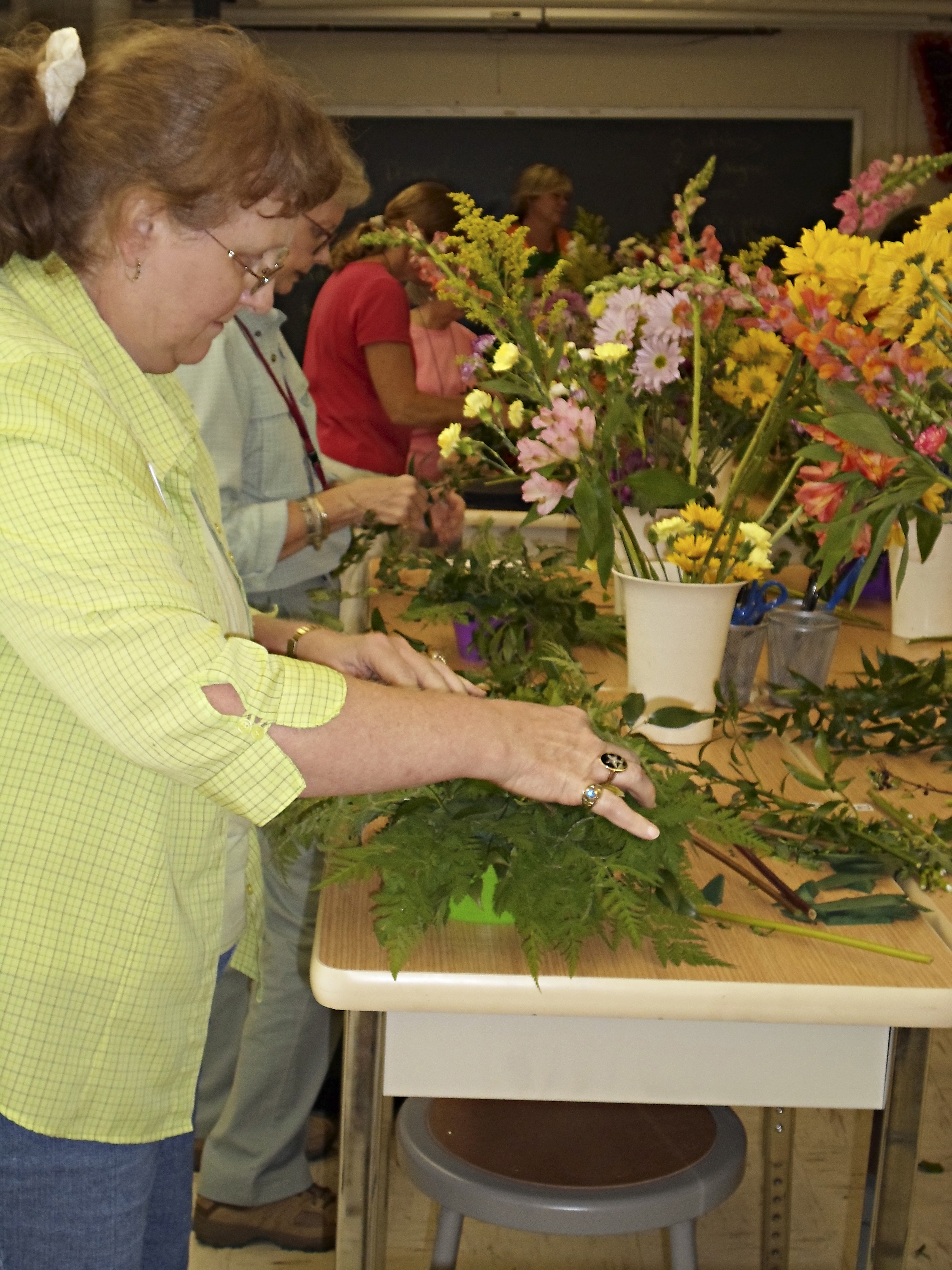Virginia Master Gardeners gather at Virginia Tech to learn and network

Nearly 250 Master Gardeners from across Virginia will attend the 27th annual Master Gardener College at Virginia Tech June 25-29.
The conference, hosted by Virginia Cooperative Extension, offers continuing education for its more than 5,500 Master Gardener volunteers.
At first glance, Virginia Master Gardener College would appear to be a typical professional development conference with opportunities for Master Gardeners to gain recertification, increase their gardening knowledge, and network with other volunteers.
Considering that the attendees also kayak the New River, grab lunch at a campus dining hall, and stay in dorms, however, they may feel more like they are at summer camp.
“Most professional conferences you’re usually dressed in business casual. Most of these folks are wearing shorts and T-shirts all week,” said Dave Close, consumer horticulture and Extension Master Gardener specialist. “They’re here to learn, but they’re also here to have a good time.”
In exit surveys conducted at the end of previous colleges, the majority of Master Gardeners report that one reason they enjoy the college and continue to attend is the opportunity to network with other volunteers.
“[The college provides] the chance to meet people with similar passions from different parts of the state and learn about projects that they’re doing. So, the networking is beyond just the fellowship, it’s also an opportunity for them to learn from their colleagues,” said Close.
When attendees are not swapping gardening stories and advice, they are attending sessions where they learn about trends and methods in horticulture. Six keynote speakers will discuss topics related to this year’s theme: land care stewardship. Cole Burrel of Charlottesville, Virginia, will discuss nature’s sustainable systems, and Felder Rushing of Louisiana will talk about slow gardening.
This year, many of the sessions focus on food preparation and preservation.
“I think more people are interested in where their food comes from. There’s a lot of interest in growing their own food … learning how to grow it, prepare it, and then make it shelf stable,” said Melissa Chase, master food volunteer coordinator and consumer food safety program manager who is assisting with the college this year.
Other workshops include Big Money, Small Garden, which teaches how to sell harvests directly to customers; Genetic Engineering: What It Is and How It Works, which focuses on the science of genetic engineering; and Winemaking as a Hobby. Attendees can also participate in workshops that cover garden pests, branding through social media, and more.
Master Gardener volunteers are community members who use their specialized horticulture training to extend Extension’s reach into their communities to encourage and promote environmentally sound horticulture practices through sustainable landscape management educational programs.
To become a Master Gardener, volunteers must complete a minimum of 50 hours of training and contribute 50 hours of service within their first year. In order to keep the title of Master Gardener, volunteers must complete at least 20 hours of service and eight hours of recertification training annually. Master Gardener College provides a way for them to accomplish this.
More information about the Virginia Master Gardener Program and Master Gardener College is available online.
Written by Sara Lepley, a junior in the College of Liberal Arts and Human Sciences and a communications intern for Virginia Cooperative Extension.





